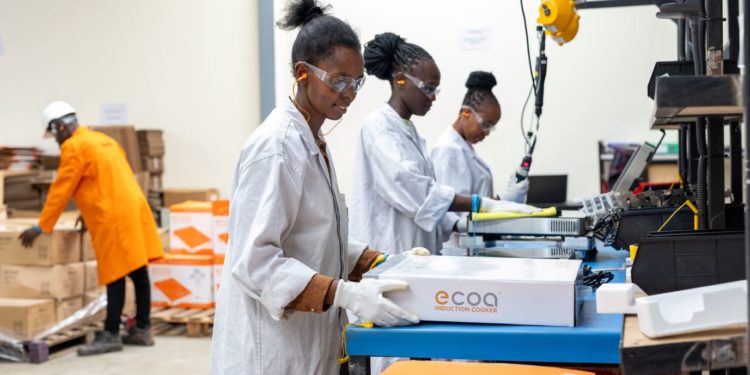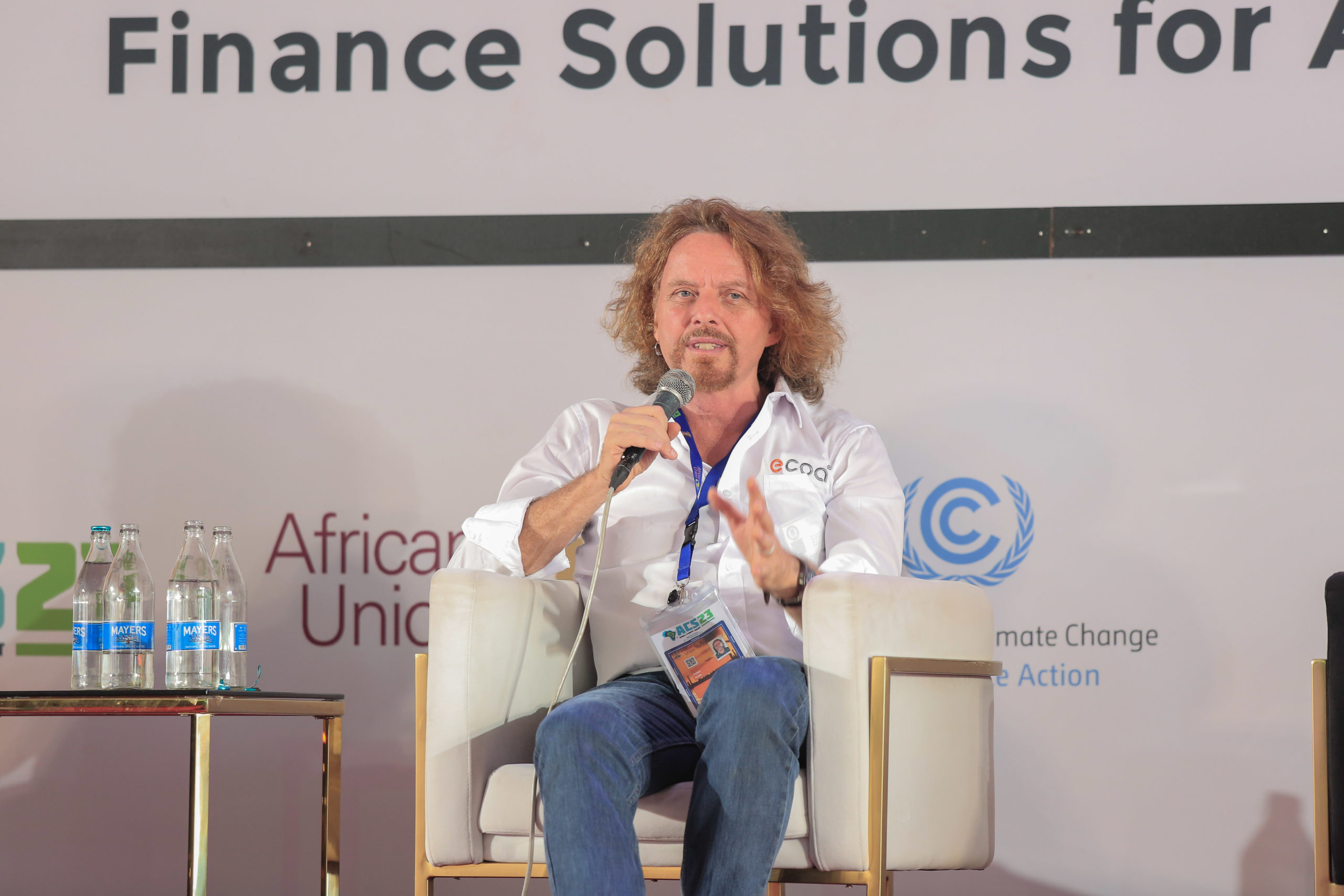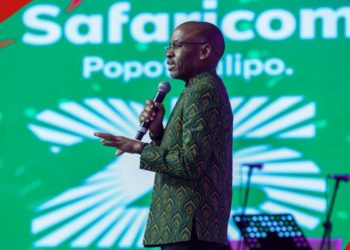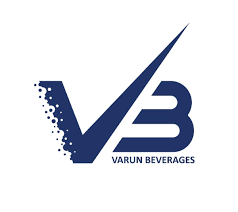BURN, a leading global manufacturer of clean cooking appliances, has received a KES 1.94 billion (US$15 million) investment from the European Investment Bank (EIB) to scale the production and distribution of its innovative ECOA Induction Cooker across East Africa. The funding, announced during the World Bank/IMF Annual Meetings in Washington, is expected to reach over one million households in the region, providing affordable and sustainable electric cooking solutions.
The investment aims to benefit 6.5 million people over the next five years, reducing carbon emissions by 12 million tons. BURN’s ECOA Induction Cooker (IDC), equipped with Internet of Things (IoT) technology, offers a Pay As You Cook (PAYC) model, allowing users to pay in small, manageable amounts via mobile money. The device integrates with mobile systems and the ECOA Mobile App, making it accessible to low-income households, which can achieve full ownership of the appliance within a year.
Speaking at the event, Nadia Calviño, EIB Group President, emphasized the project’s potential to address climate and social challenges. “The investment that we have agreed today is about financing development through innovation which will strengthen communities, especially by protecting the health of women, and their families. It will have a positive impact on the climate as well by lowering carbon emissions,” she said. “Investments in potentially transformative projects like this expansion of affordable clean cooking for more than a million households in Africa by BURN is just the kind of initiative that the European Union aims to support more of under our Global Gateway Initiative.”
BURN, which has already distributed over five million clean cookstoves across Africa, sees this funding as a critical milestone in its mission to transition East African households to renewable energy-powered cooking. Peter Scott, BURN’s Founder and CEO, highlighted the importance of the investment in expanding access to clean cooking. “BURN has already brought our unique PAYC electric cooking solution to thousands of households in Kenya and Tanzania that were previously relying on traditional charcoal stoves,” Scott noted. “This investment by EIB will help us transition over a million low-income households to cooking with electricity, allowing them to cook on grids that are 80-95% powered by renewable energy.”
The ECOA Induction Cooker, manufactured in Kenya, comes with a three-piece stainless steel induction cookware set and is designed to reduce the carbon footprint of households. Each cooker is expected to reduce carbon emissions by 2.5 tons per year, supporting EIB’s objectives of climate action, gender equality, and economic development. The cookers are particularly significant in regions where traditional cooking methods, such as wood and charcoal, have long contributed to environmental degradation and health risks.
The investment is also expected to generate significant economic benefits for households. A recent study, independently conducted by the University of Pennsylvania and the University of Chicago, confirmed that BURN’s cooking appliances reduce household fuel consumption by 39%, saving families approximately KES 15,351 (US$119) annually. The study, published in The American Economic Review, also found that each cookstove reduced CO2 emissions by 3.5 tons per year, with the savings sustained over three years and 98% of the cookstoves still in use.
BURN’s expansion aligns with global efforts to mitigate climate change by transitioning to cleaner energy solutions. Traditional biomass cooking, which still dominates in many East African households, is a major source of indoor air pollution and greenhouse gas emissions. By providing an affordable electric alternative, BURN’s ECOA IDC is expected to drive down emissions, improve household health, and reduce the reliance on unsustainable fuel sources.
BURN’s cookers are also monitored in real-time through cellular-enabled IoT technology, enabling the generation of high-integrity carbon credits. These credits further support global carbon reduction goals, making BURN’s cookers a key element of EIB’s broader climate action initiatives.


















